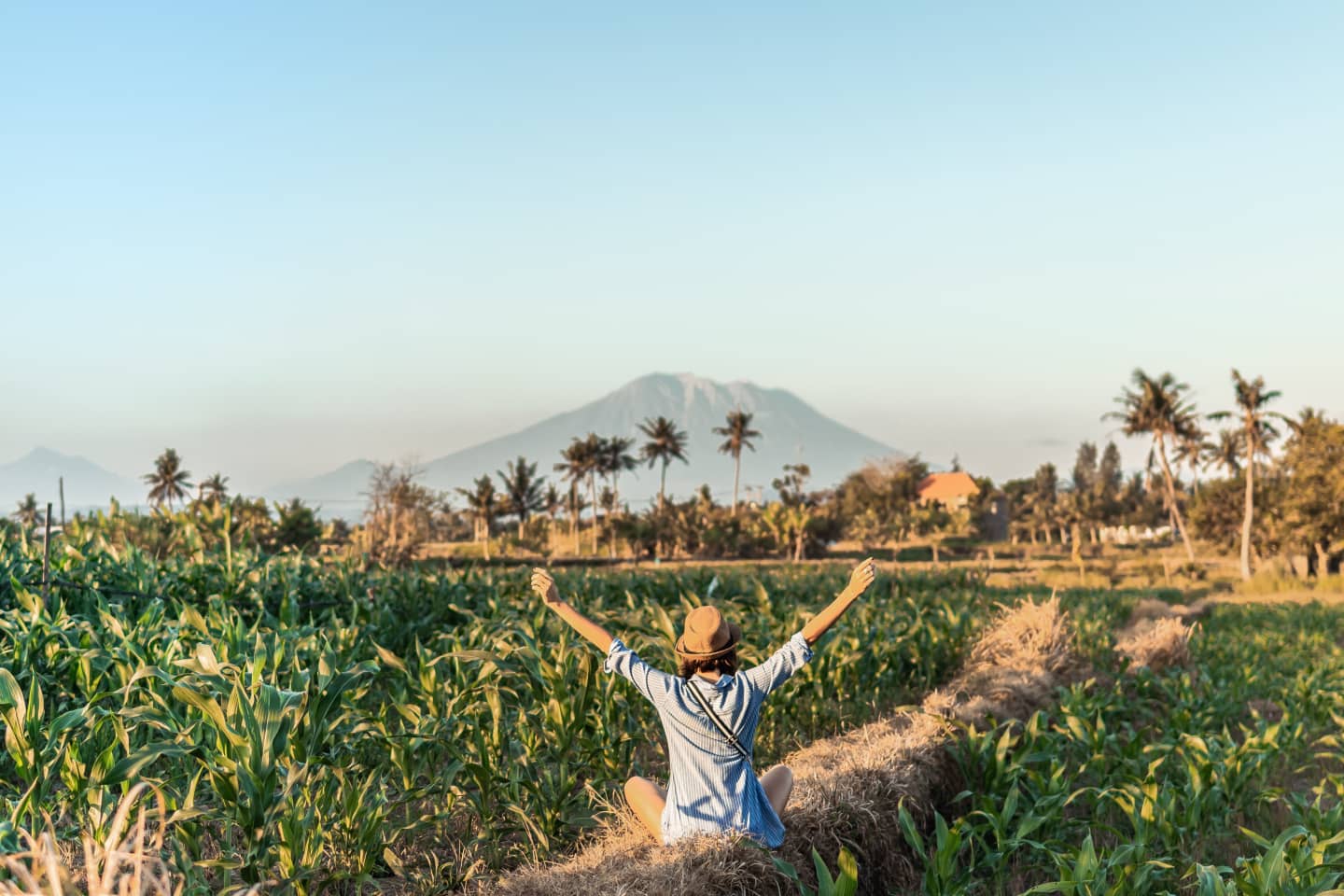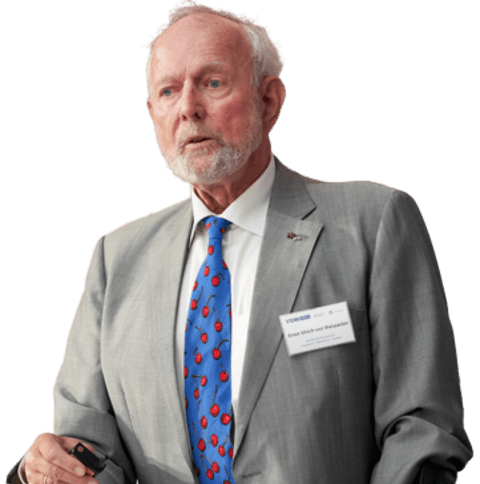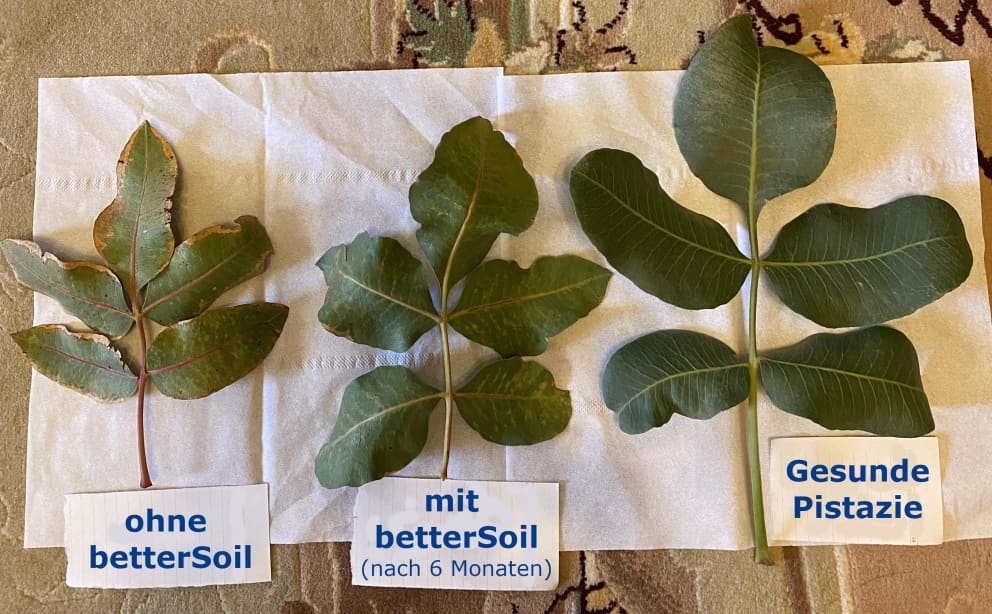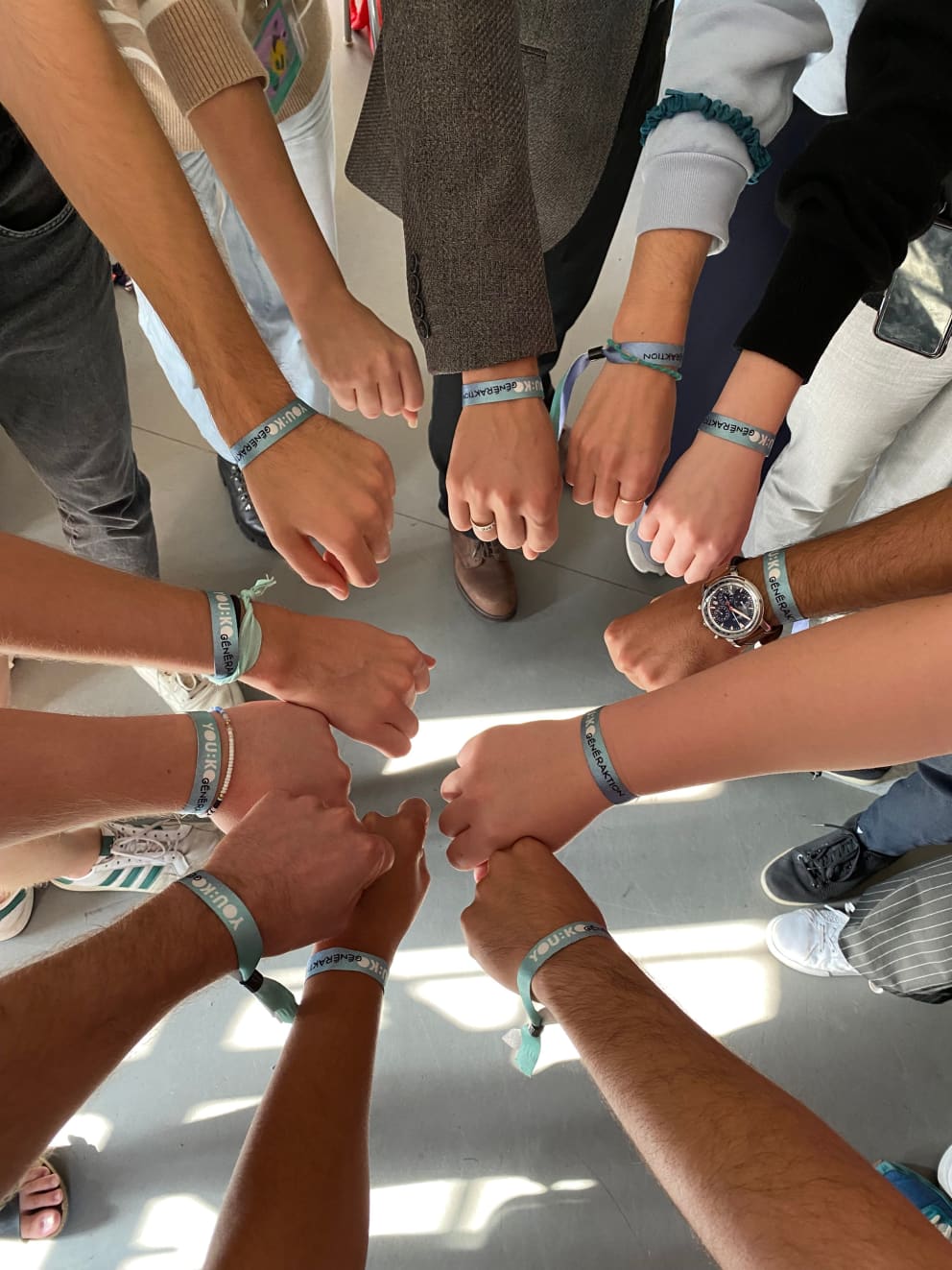About betterSoil
betterSoil is a company (GmbH) and a non-profit association (e.V.) that are committed to improve the health of our earth's soil through regenerative practices.
The purpose of the company is soil consulting, agricultural and sustainability consulting as well as customer-oriented services for companies related to the food and nutrition sector. Additionally for landowners/lessors and other consultancies and organisations in the field of sustainable development, for example (impact) funds. The association focuses on raising awareness and education for the topic, research, innovation and applied pilot activities.
Since 2020, betterSoil has been involved at European level, e.g. with an event with the EU Parliament and prominent supporters such as Prof. Dr Ernst Ulrich von Weizsäcker, Dr Franz Fischler (Former EU Commissioner for Agriculture) and Dr Peter Johnston (European Policy Centre) in a national and international context to improve soil quality for climate resilience and climate protection as well as the promotion of biodiversity and sustainable food production.

Offers
Our way of working goes far beyond soil consulting. We combine local, indigenous knowledge with the latest science and offer practice-orientated betterSoil recipes for farmers. We also offer individual consultations for companies and organisations of all kinds. In this way, we create a comprehensive awareness of soil health that helps to position oneself more sustainably and thus achieve business goals. You can find out how you as an entrepreneur can benefit from the way betterSoil works in practice here.
Strategy
We are a start-up in Germany, Iran, Malawi, and Kenya, and have an extensive network in politics, research, education and the private sector. This enables us to support international activities and promote soil health across the board. This vision drives our dedicated team, consisting of 16 enthusiastic people from four nations, every day to make the world's soils more fertile and bring about sustainable change. One of our most important goals is to promote sustainable agriculture not only in the field, but also in politics. Among other things, we are committed to mobilising decision-makers in the European Parliament to bring about long-term political change for soil health.
Why betterSoil?
betterSoil paves the way for healthy soils and a more sustainable future that benefits everyone! Only fertile soil allows us to realise the fundamental facets of our human existence. We are aware of this all-encompassing necessity and are committed to restoring it for each and every one of us. At betterSoil, our mission is to make the world a better place for everyone. Join us and together we will build a future where healthy soils are the foundation for sustainable growth and prosperity.
Education for Sustainable Development
Everyone can do something in the fight against climate change. With educational programmes on sustainable development, betterSoil is committed to raising global awareness, motivating people to act in a resource-conserving way, rethinking sustainability and contributing to sustainable development. As part of our betterSoil in-house academy, we offer compost workshops for school classes. For companies, we offer the reduction of CO2 emissions in their supply chain (insetting) and management consulting on the topic of sustainability. You can find out more about our offers here.
betterSoil app to scale up
To improve soil fertility, betterSoil develops specific regional recipes for the respective climatic conditions. Each country has diverse climatic conditions, soil types, crop requirements and different crops. Therefore, it is necessary to carry out several projects at the same time and respond to the individual factors. betterSoil works locally with scientific advisors and develops recipes based on the 4 betterSoil science-derived principles a) soil management, b) compost, c) biochar and d) agroforestry.



